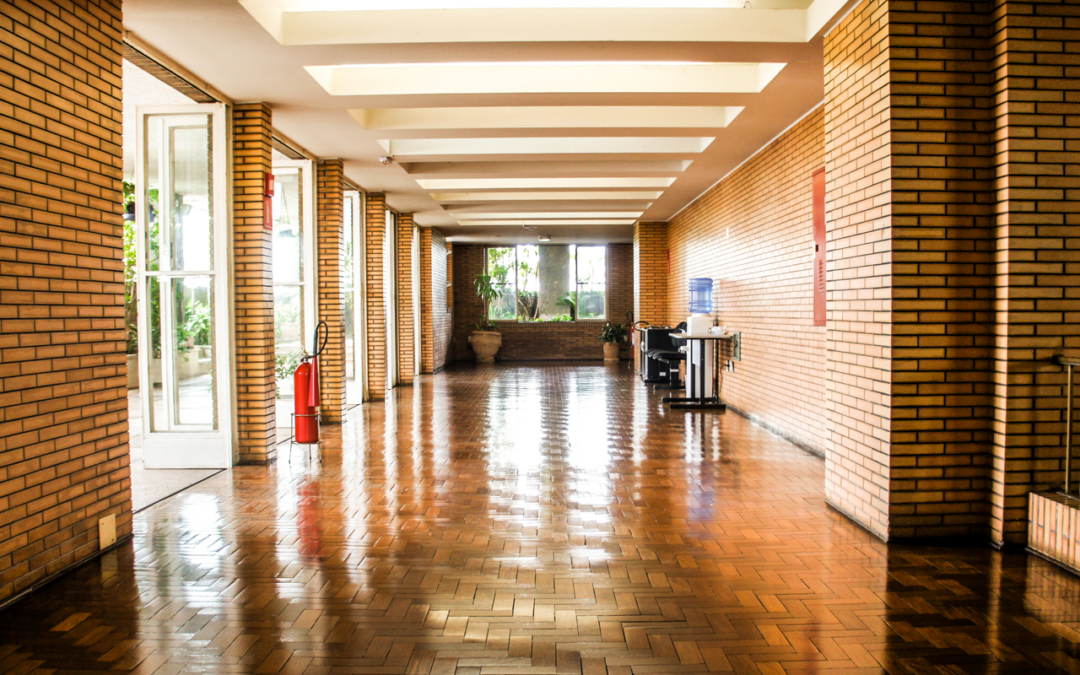Insurers are generally expecting organisations to temporarily close their premises because of the outbreak. Many will not apply the cover restrictions for Unoccupancy or require you to inform them you’ve vacated. However, you should check what your own insurer’s specific expectations are.
Nevertheless, while your building is empty there is a greater risk of significant damage which could delay you getting back up and running when the lockdown is lifted.
Where you are able to do so safely and within the current government guidelines there are some precautions that insurers recommend you should take…
Unoccupied Buildings Checklist
You should try to ensure that:
1. the buildings are inspected internally and externally by an authorised person once a week to check the security and general condition of the premises;
2. all waste, refuse and other disused combustible materials are cleared from the buildings and any grounds adjacent to it;
3. all external doors are securely locked and all opening windows closed and locked (where fitted with locking devices);
4. all tanks and pipes are drained down where and when you are able to do this, and all taps, stopcocks and mains supply valves turned off. If this is not possible, because you need to maintain a central heating system, a minimum temperature of 7°C should be maintained.
5. gas and electicity supplies are switched off unless to maintain a central heating system or existing intruder alarm systems, fire protection systems, CCTV, security lighting or sprinkler systems.
6. all existing physical devices for securing, or preventing access to the buildings must be kept in full and effective operation at all times and to have all keys removed from the locks and kept in a secure place away from the premises.
Pragmatic insurers recognise that you may not be able to complete all of the items listed above, either partially or in their entirety but we would encourage you to consider anything you can do to reduce the risk of damage or loss, particularly through escaping water from heating systems and the security of the premises generally.

